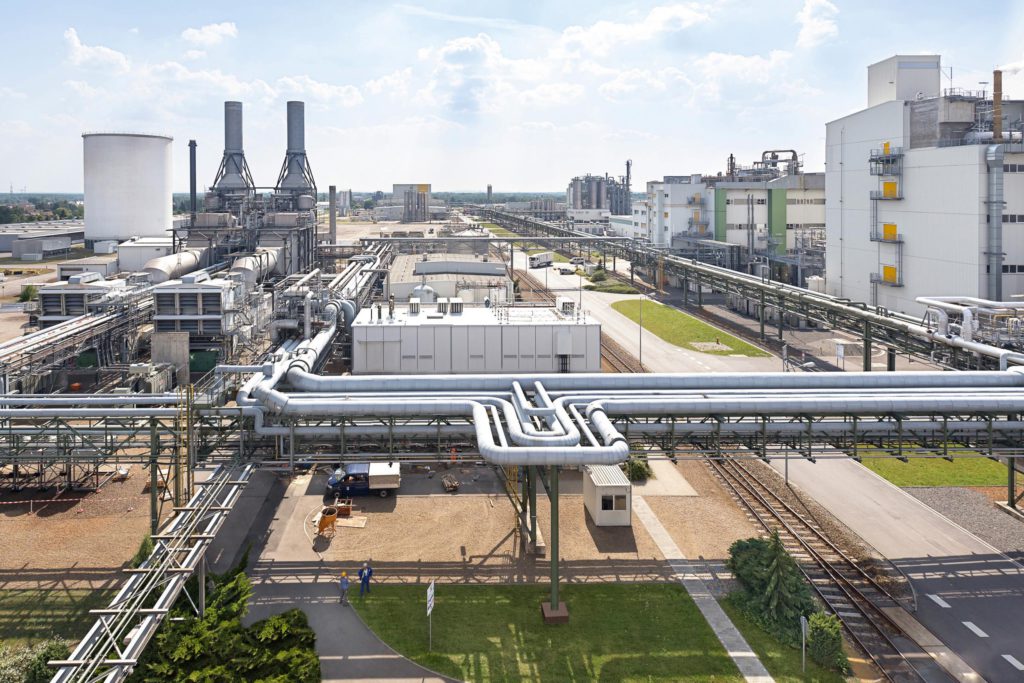BASF latest to announce battery production in Germany
14 February 2020

14 February 2020
German chemical company BASF has announced plans for a new battery-materials plant in the country as part of its multi-step investment plan to support the electric-vehicle (EV) market.
The state-of-the-art plant will produce cathode active materials (CAM) with an initial capacity enabling the supply of around 400,000 full electric vehicles per year. Innovative cathode materials by BASF increase the performance of batteries, promoting the success of climate-friendly mobility.
BASF will locate the new plant in Schwarzheide, Germany, and will feature a modular design and infrastructure that allows for the rapid scaling-up of manufacturing capabilities. This means the company can quickly adapt for demand, meeting the increasing requirements for EV batteries from multiple carmakers.
′The plants in Finland and Germany will offer our customers reliable access to tailored high-nickel cathode active materials in proximity to their European manufacturing facilities,’ said Peter Schuhmacher, President, Catalysts division at BASF.
The investment in Germany, as well as its other plant in Finland, makes BASF the first supplier with facilities in three major markets; Asia, the US and Europe. The company will become the leading supplier with a reliable, sustainable and European-based supply chain which will comprise base metal supply, particularly nickel and cobalt, precursor production, and cathode material production within one region.
Green credentials
The site in Schwarzheide uses an energy-efficient gas and steam turbine power plant that operates on the principle of combined heat and power generation. It is currently undergoing modernisation to increase its eco-efficiency further. Until the battery-materials plant is commissioned, the integration of renewable energies is also planned. The Harjavalta plant will utilise renewable energy resources, including hydro, wind and biomass-based power. This advantageous energy mix will provide CAM material with a very low CO2 footprint.
The announcement is another example of the growing battery-manufacturing base across Europe as carmakers forge ahead with the rapid expansion of their EV range.
Increasing interest
Opel recently gave details about its plans for Germany and France, in partnership with Saft, while Volkswagen and Northvolt are planning to increase the capacity of their battery-cell factory in Salzgitter, Germany. The companies are looking for growth of 50% at the facility and will submit the application for expansion in March.
In addition, the European Commission has backed a plan to support research and innovation in battery development. Seven EU countries; Belgium, Finland, France, Germany, Italy, Poland and Sweden, will invest €3.2 billion in the project, set to be completed by 2031. The Commission expects a further €5 billion to come from the private sector.